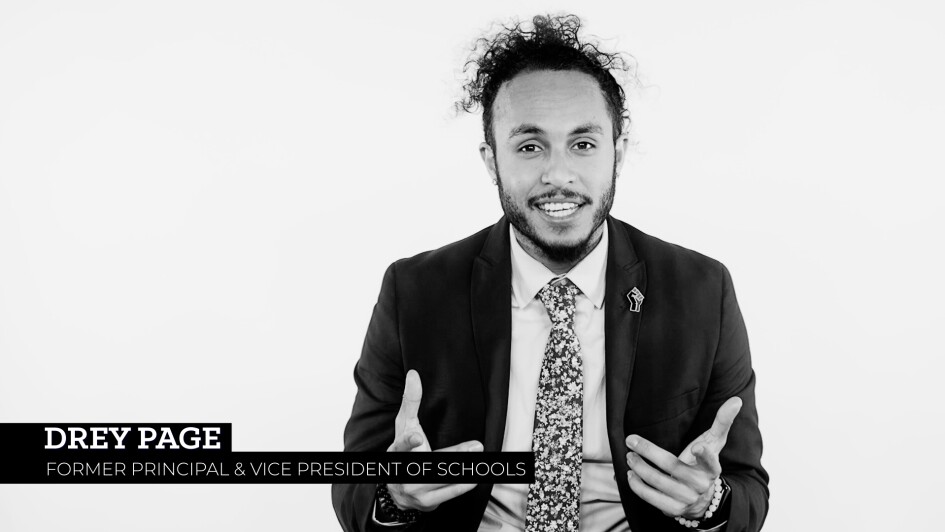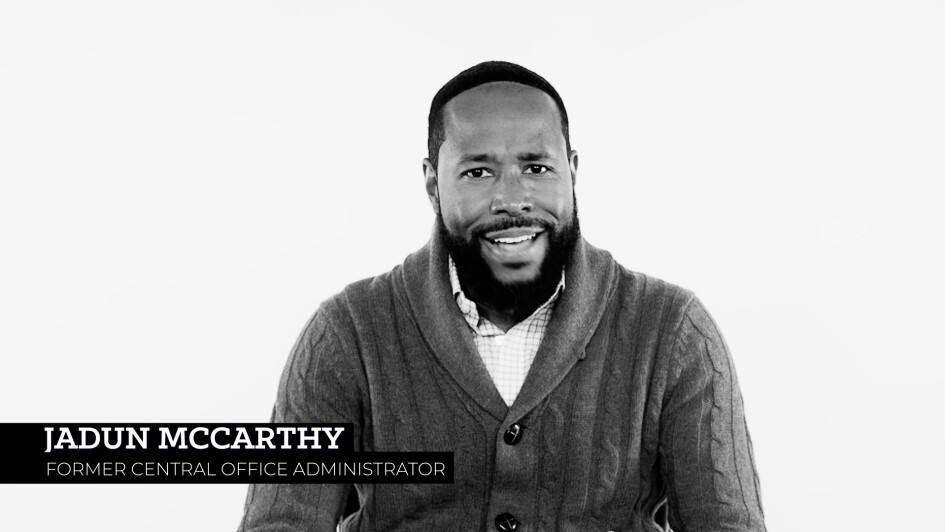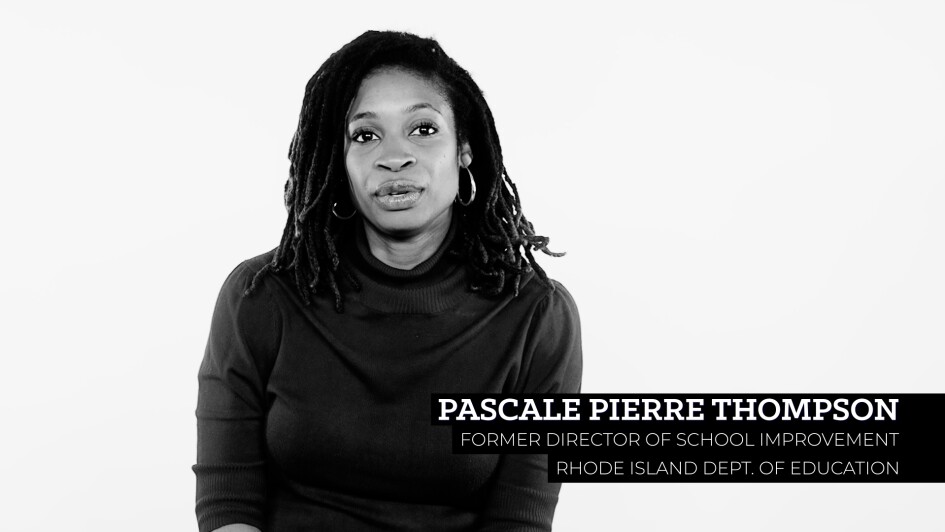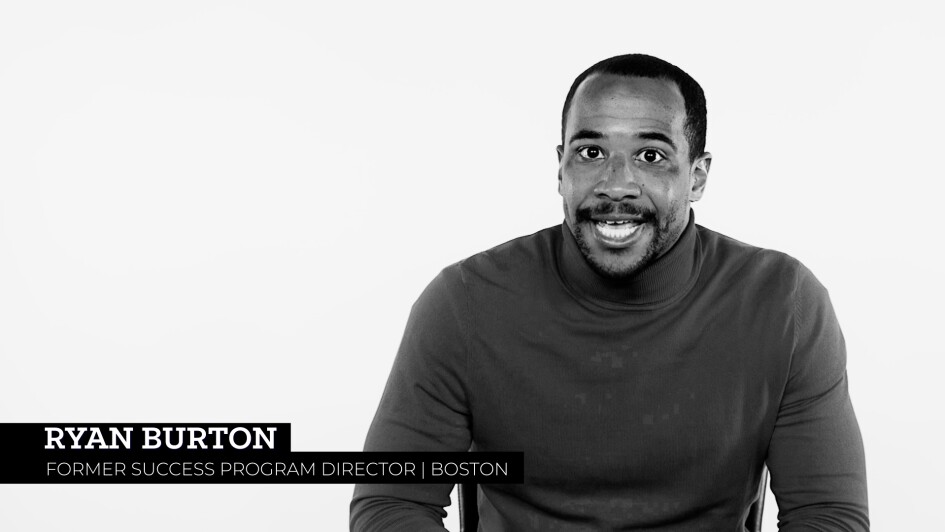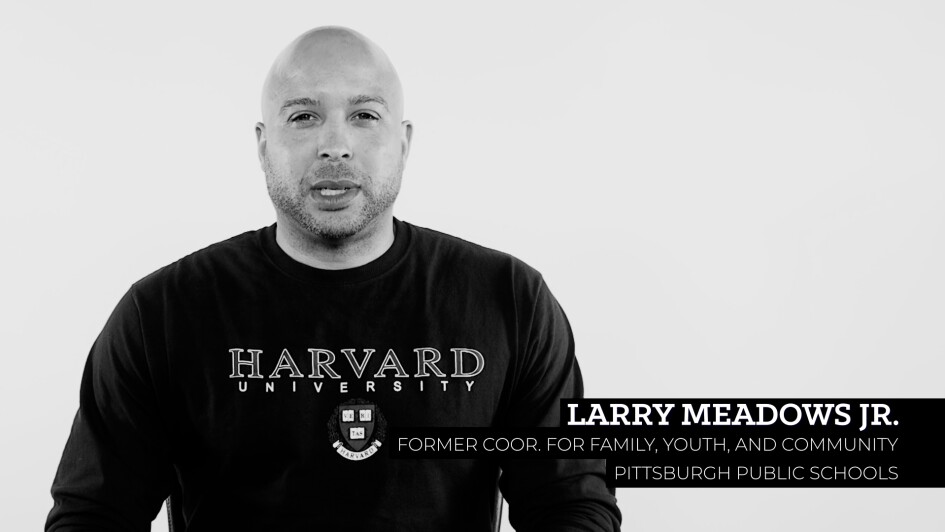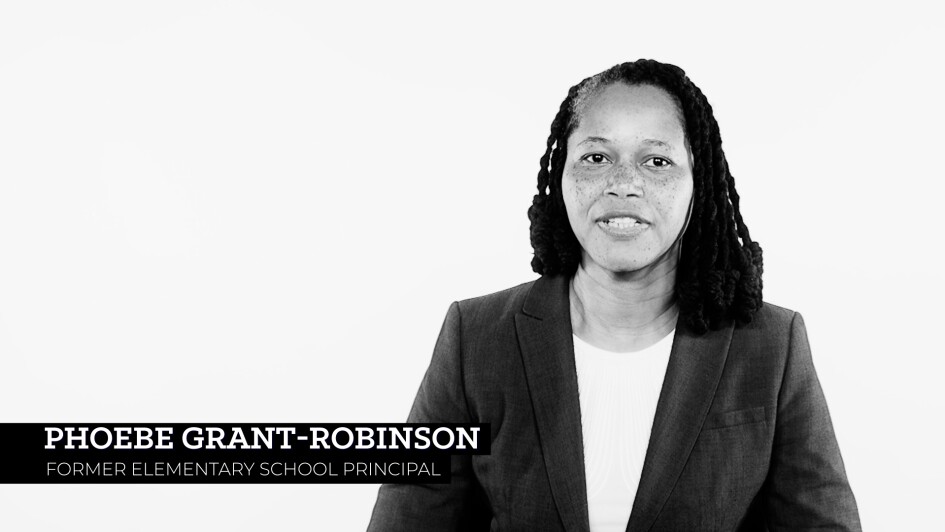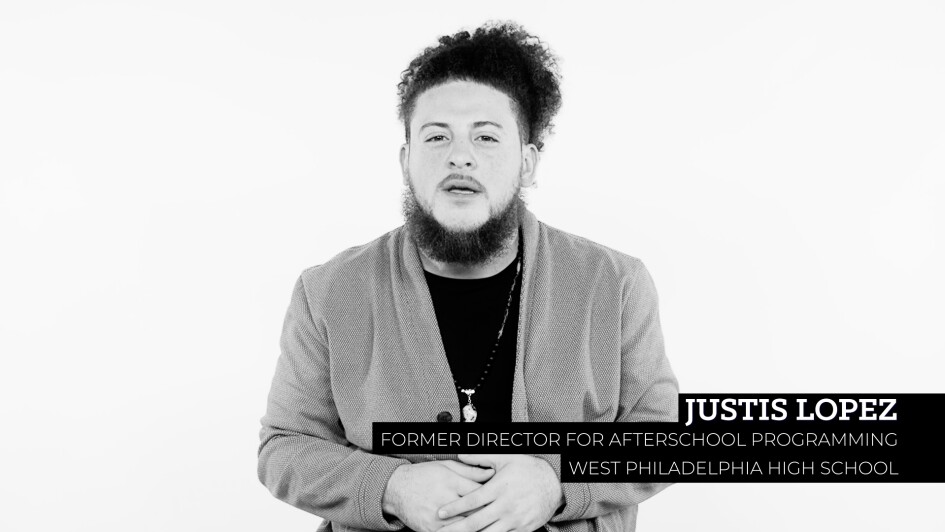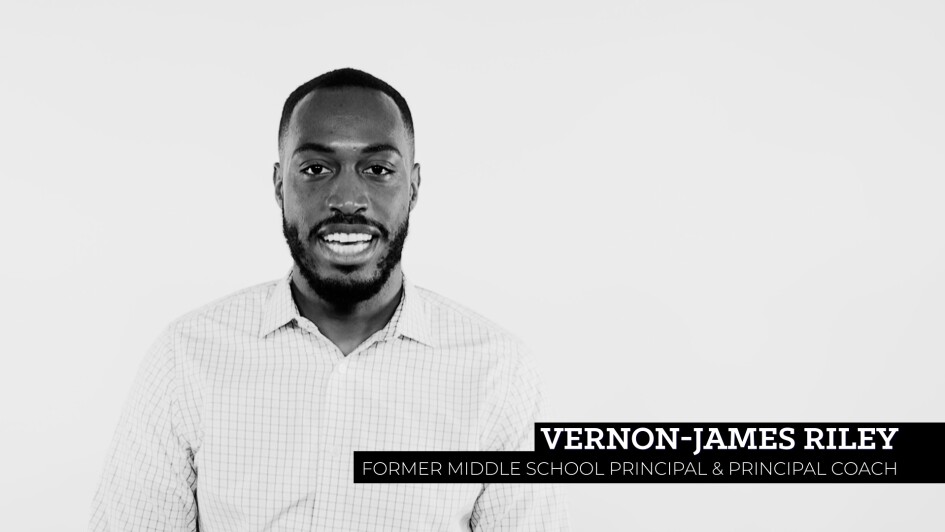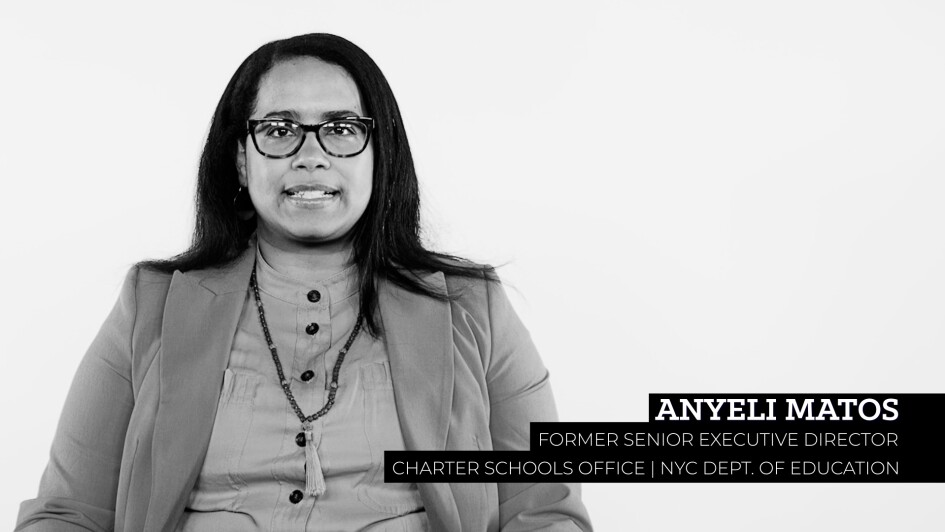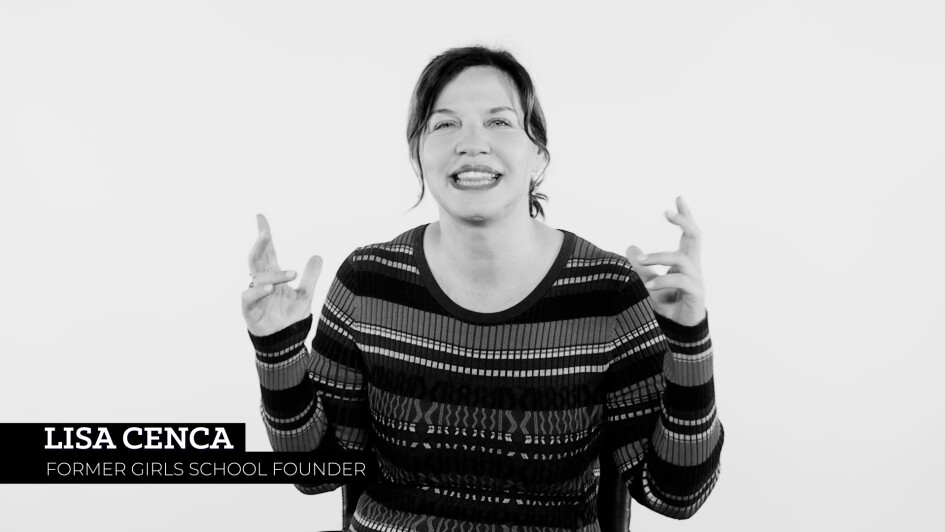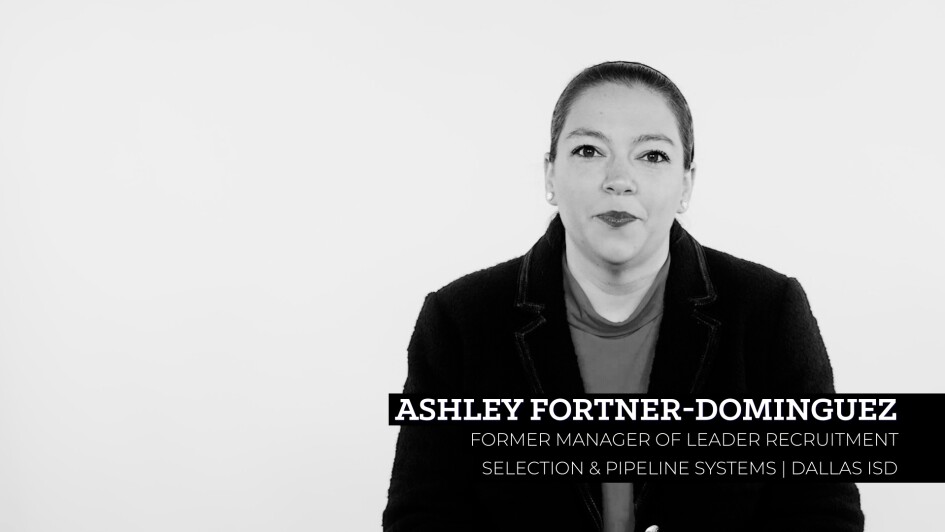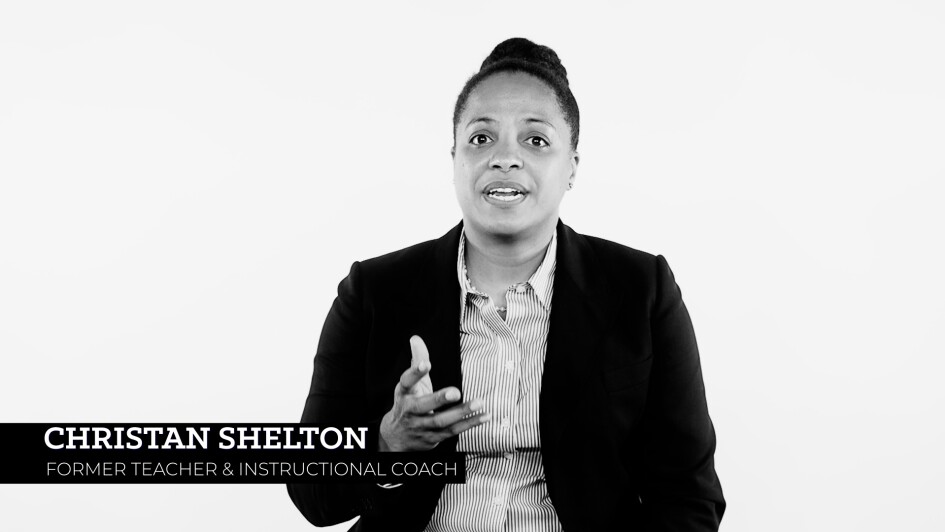Getting anyone to change their mind or even evolve their thinking can be a serious challenge. But a course for future systems leaders at the Harvard Graduate School of Education aims to do just that. Originally taught by Richard Elmore, the late education professor, the course is now led by Jennifer Perry Cheatham, a former district superintendent. In collaboration with two education leaders and former graduate students, Cheatham updated the course, keeping Elmore’s now-famous 2010 essay “I Used to Think … and Now I Think ...” in mind. Wrote Elmore, “As practitioners, we are notoriously poor observers of our own practice and therefore not very good at judging the correspondence between our beliefs and our behavior.”
To explain how they narrowed that distance between their beliefs and behavior, the education leaders from last year’s course share their thoughts below. To see how you, as a systems, building, or instructional leader can incorporate this work into your practice, read the corresponding essay by Jennifer Perry Cheatham, Erica Lim, and Carmen Williams.
Editor’s note: The videos were filmed while these students were taking the Leaders of Learning class. Their titles reflect their positions at the time of filming.
I used to think... we needed revolution.

I used to think... there were a few roles that if done correctly could radically transform education.

I used to believe... in policy solutions to ensure an equitable, level playing field for every child.

I used to think... that leaders of learning had to have all the answers.

I used to think... to meet the needs of the students on the margins, I had to bend the rules whenever possible.

I used to think... leading learning was about teacher autonomy.

I used to think... that the best strategies for leading learning would come from the outside.

I used to think... the greatest barrier impacting education was the external environment and social conditions.

I used to think... that state and federal officials were charged with creating policy for districts and school communities.

I used to think... that master scheduling was a technical exercise.

I used to think... that education reform was simple.

I used to think... that because individuals learn naturally, then organizations should be able to learn naturally as well.

I used to think... school systems were broken.

I used to think... that superintendents were best positioned to do the work of ensuring that the vision was carried out in the district.

I used to think... that I could diagnose the next steps for instructional improvement primarily based on what I could see.

I used to think... that instructional coherence ran vertical across different school sites within a school district.

I used to think... that my impact as a central office leader was limited because I don’t have direct instructional experience.

I used to think... that the district-level leader or superintendent’s main role was to create a strategic vision and then build a team to help execute that vision.

I used to think... that learning organizations were defined by formal structures.

I used to think... that organizational learning happened organically.

I used to think... instructional coherence was mostly just a vision.



